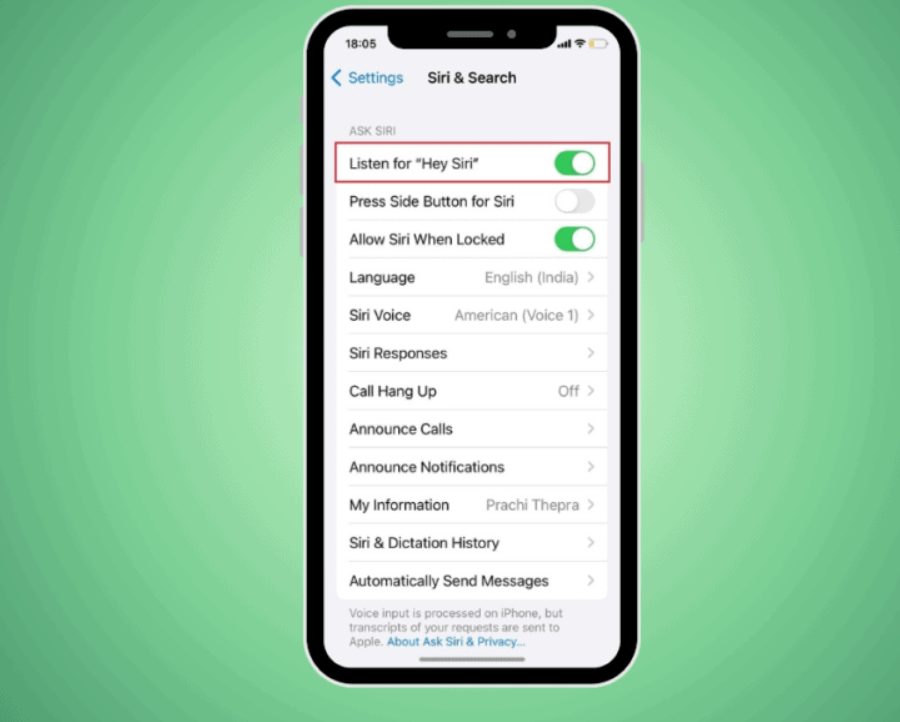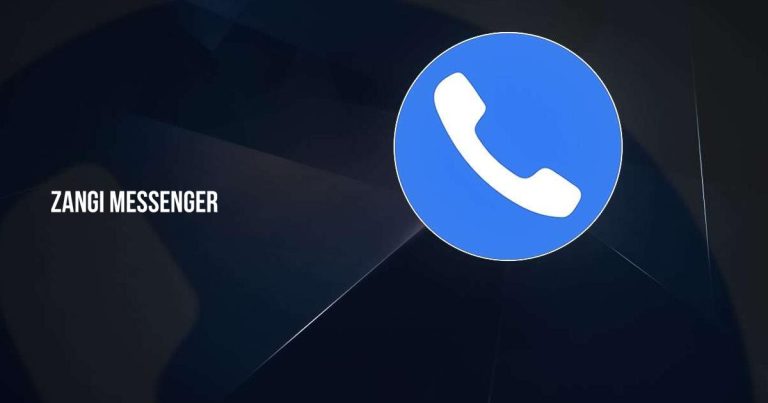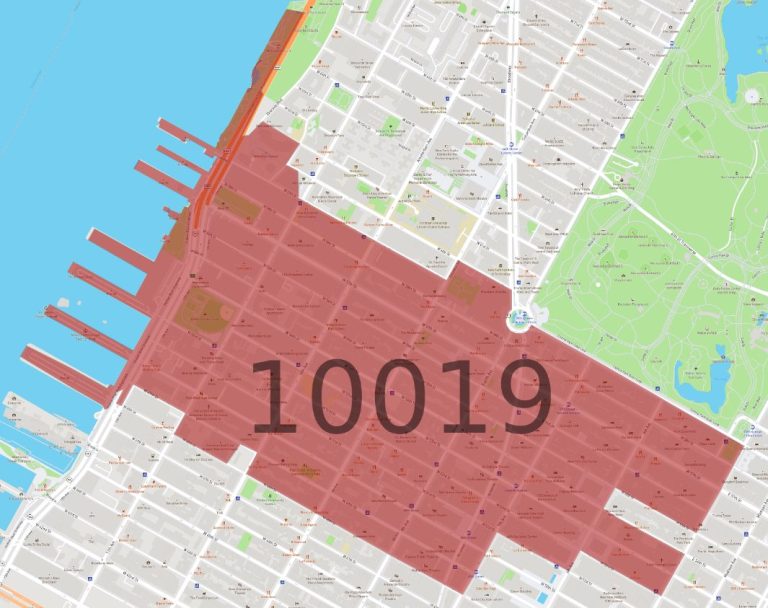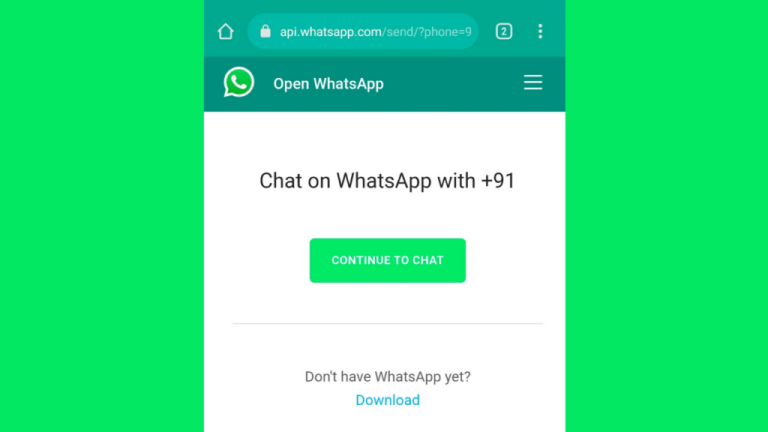In the digital age where messaging has become an integral part of communication, it’s natural to wonder about the privacy and visibility of your conversations. Specifically, do iMessages show up on phone bills? This question is frequently asked by iPhone users who value their privacy and want to keep their conversations discreet. In this comprehensive guide, we will delve into the intricacies of iMessages and phone bills, providing you with a clear understanding of how these two elements interact.
Understanding iMessages
Before diving into the details of phone bills, it’s essential to have a firm grasp of what iMessages are. iMessages are instant messages that are sent between Apple devices using an internet connection. Unlike traditional SMS messages, which rely on cellular networks, iMessages leverage Wi-Fi or cellular data to transmit messages. This fundamental difference plays a significant role in how iMessages are handled on phone bills.
Key Factors Influencing iMessage Visibility
Several factors influence whether or not iMessages appear on phone bills. Let’s explore these factors in detail:
- Carrier Policies: Each mobile carrier has its own set of policies regarding how they handle iMessages on phone bills. Some carriers may include iMessages in the itemized list of text messages, while others may not. It’s crucial to consult your carrier’s specific terms and conditions to understand their approach.
- Billing Cycle: The timing of your billing cycle can also affect the visibility of iMessages on your phone bill. If your billing cycle ends before an iMessage is sent, it may not appear on the current bill. However, it could be included in the next billing cycle.
- Data Usage: Although iMessages primarily use data, they may still trigger SMS charges under certain circumstances. For example, if you send an iMessage to a non-Apple device or when you don’t have an active internet connection, your carrier might convert the iMessage into an SMS and charge you accordingly.
iMessages and Detailed Phone Bills
Now, let’s address the core question: Do iMessages show up on phone bills?
In most cases, iMessages themselves do not appear on phone bills in a detailed or itemized manner. This means you won’t see the content of your iMessages listed alongside your call logs and text messages. However, there are a few exceptions to this general rule.
- SMS Fallback: As mentioned earlier, iMessages can fall back to SMS under certain conditions. When this happens, the SMS equivalent of the iMessage may be included in your phone bill as a text message.
- Group iMessages: Group iMessages with non-Apple users can also trigger SMS charges. Each individual recipient who doesn’t have an Apple device will receive the group iMessage as an SMS, and these SMS messages may be reflected on your phone bill.
Data Usage and iMessages
While iMessages may not be explicitly listed on your phone bill, they still contribute to your overall data usage. If you have a limited data plan, it’s important to be mindful of your iMessage usage, especially when sending large files or engaging in frequent multimedia messaging.
Privacy Considerations
The lack of detailed iMessage information on phone bills is a positive aspect for privacy-conscious individuals. This ensures that the content of your conversations remains confidential and isn’t accessible to anyone who might have access to your phone bill.
Managing Your iMessage Usage
To effectively manage your iMessage usage and avoid any potential surprises on your phone bill, consider the following tips:
- Check Your Carrier’s Policies: Familiarize yourself with your carrier’s specific policies regarding iMessages and phone bills.
- Monitor Data Usage: Keep track of your data usage to avoid exceeding your plan limits.
- Use Wi-Fi Whenever Possible: Utilize Wi-Fi networks to send iMessages whenever available to minimize data usage.
- Be Mindful of Group Chats: Be aware that group chats with non-Apple users can result in SMS charges.
FAQs
To provide further clarity, let’s address some frequently asked questions about iMessages and phone bills:
1. Can my parents see my iMessages on the phone bill?
No, your parents cannot see the content of your iMessages on the phone bill. iMessages are typically not itemized on phone bills.
2. Can my employer see my iMessages if they pay for my phone?
If your employer pays for your phone and has access to your detailed phone bill, they may see SMS fallback messages or group iMessages that were sent to non-Apple users. However, they won’t be able to see the actual content of your iMessages.
3. Can iMessages be used as evidence in court?
Yes, iMessages can be used as evidence in court. While they don’t appear on phone bills, they can be retrieved from the devices involved in the conversation or through legal requests to Apple.
4. Can I delete iMessages from my phone bill?
No, you cannot delete iMessages from your phone bill. iMessages are not typically listed on phone bills, so there’s nothing to delete.
5. Are iMessages more secure than SMS messages?
Yes, iMessages are generally considered more secure than SMS messages. They use end-to-end encryption, which means that only the sender and recipient can read the messages. SMS messages, on the other hand, are not encrypted and can be intercepted by third parties.
Conclusion
In conclusion, iMessages typically do not show up on phone bills in a detailed or itemized manner. This ensures privacy and confidentiality for your conversations. However, there are exceptions, such as SMS fallback messages and group iMessages with non-Apple users, which may appear on your phone bill. By understanding how iMessages interact with phone bills and managing your usage effectively, you can enjoy seamless communication while maintaining your privacy.
Read More: How to Hide Text Messages from Phone Bill







